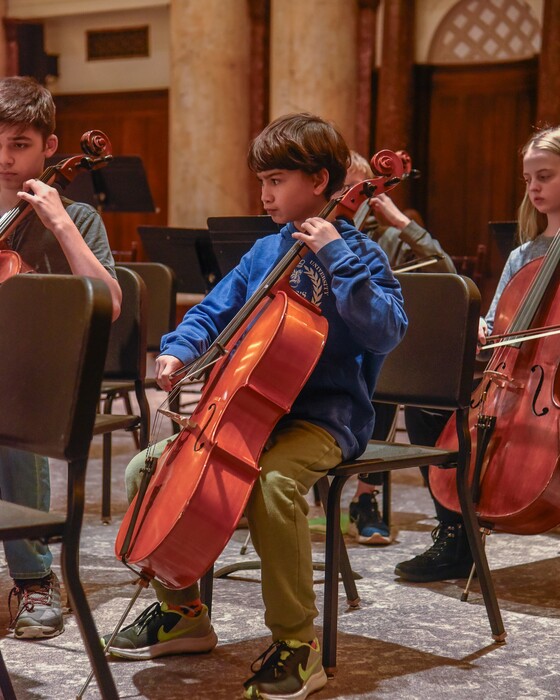A study of over 100,000 students found that those involved in music received outstandingly higher scores on science, math and English exams compared to their non-musical peers.
Interestingly enough, the study found that the students who most closely matched the trend participated in instrumental music. Those who had been playing a musical instrument since elementary school hadn’t just scored higher, but were nearly a whole academic year ahead in their science, math and English learning. Despite the comparable differences between the students, researchers weren’t necessarily surprised by their findings. This is because the skillset needed to perfect an instrument is easily transferable to other types of learning used in school.

A fundamental part of learning an instrument is reading music notation and understanding the scope of music literacy. The ability to quickly track, process and translate the notes into physical movements allows students to better organize and sort information when in school. The hand-eye coordination required when playing an instrument quickly progresses fine motor skills which can result in more accurate writing and typing, skills that historically take students most of their adolescence to master. When we listen to, or play a musical instrument, our auditory cortex is in use. Since the auditory cortex is the part of our brains responsible for sound processing, the continued practice of music gradually enhances our listening and memory over time.
While the high test scores were primarily attributed to these technical skills, researchers believe music training’s ability to grow interpersonal skills are also at play for music students’ impressive school performance. Music training can teach teamwork. Playing in an ensemble or group lesson is dependent on trusting your fellow musicians. In addition to collaboration, music students gain a knack for communication and emotional intelligence.


